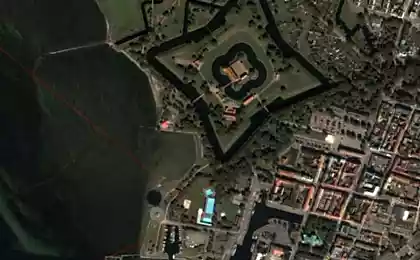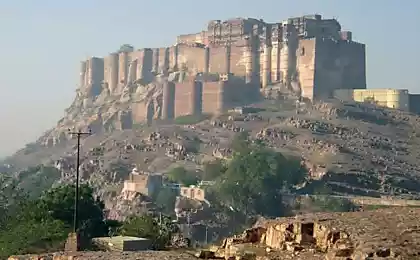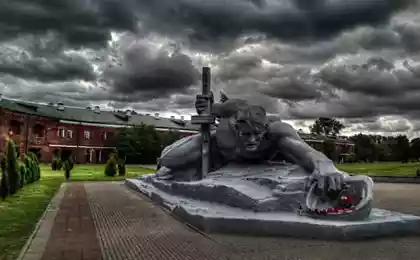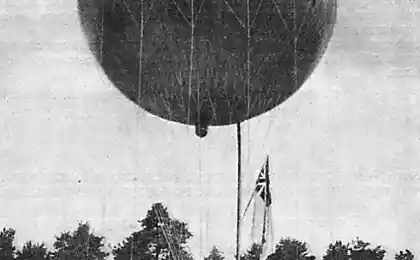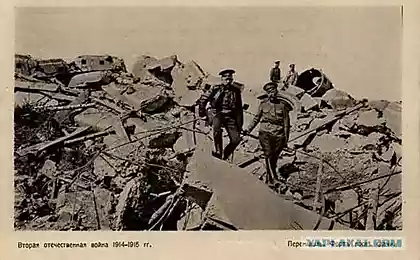480
Archaeologist announced the discovery of the fortress of king David
Israeli archaeologist said that he managed to find the stronghold of Zion. His colleagues in the opening of a doubt.
Israeli archaeologist Eli Shukra (Eli Shukron) stated that he found the stronghold of Zion, which took the biblical king David during the conquest of Jerusalem, reports AP. According to the researcher, he spent on the attribution of the monument for almost 20 years.
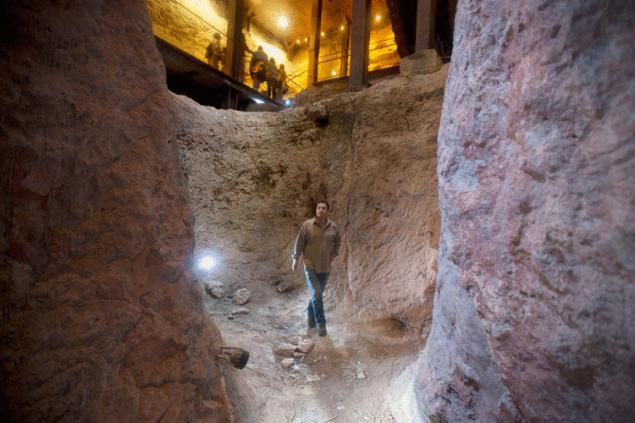
Excavations under the direction of Eli, Sucre began in the city of David (old Jerusalem) in 1995. Archaeologists have found here a powerful fortification walls with a width of about six meters, built of stone blocks weighing about 5 tons.
According to Sukra, the fortress was built about 3,800 years ago, about 800 years before the war of David with the Jebusites, during which Jerusalem was taken. The Dating is based on fragments of pottery found during the excavations. About the conditions in which he found these fragments, says nothing.
The archaeologist notes that in biblical times they excavated the fortress was the largest in the region. He adds that in the Bible there are hints that prove the attribution of the fortress. In the second Book of kings (5:8) says: "And David said on that day whosoever will beat the Jebusites and reaches the pipeline [another option is the "pipe"] and to the blind and the lame that hated the soul of David..." (translated under the editorship of David Yosifon, in the king James translation of the Bible "pipeline" is not mentioned).
During excavations in the fortress was discovered a narrow shaft, through which water entered the city. Sucre believes that this is the biblical "pipe". Moreover, he believes that "the soldiers of David, and got inside the city.
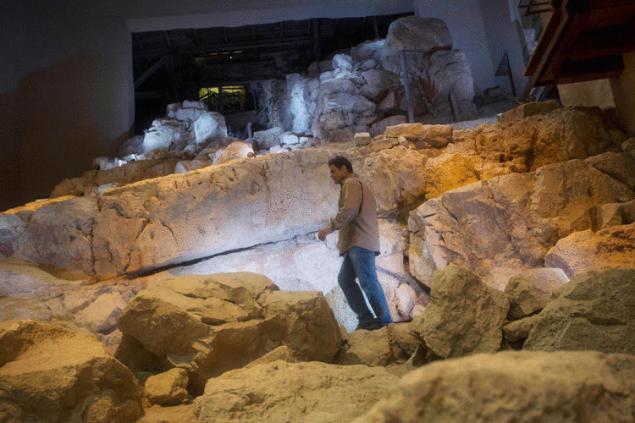
Meanwhile, a statement about the opening of Sucre, was criticized by other archaeologists. So, the researcher Ronnie Reich (Ronny Reich) stated that if the city existed in the time of king David, then there must be a lot of ceramics this time. To assert that an open fortress is Zion, there must be more compelling archaeological evidence, emphasizes the Reich.
Shukra recognizes that ceramics of the time of David little. However, he explains that the city continued to function after the king, his successors from time to time put things in order on city streets, and ceramics of the time of David could have thrown in some other place.
Skeptical-minded archaeologists say that some of their colleagues, holding in one hand a shovel and in the other a Bible, diligently trying to confirm the veracity of biblical stories. The reasons for this eagerness, scientists do not see in the scientific interests of colleagues, and their religious beliefs.
Source: nkj.ru
Israeli archaeologist Eli Shukra (Eli Shukron) stated that he found the stronghold of Zion, which took the biblical king David during the conquest of Jerusalem, reports AP. According to the researcher, he spent on the attribution of the monument for almost 20 years.

Excavations under the direction of Eli, Sucre began in the city of David (old Jerusalem) in 1995. Archaeologists have found here a powerful fortification walls with a width of about six meters, built of stone blocks weighing about 5 tons.
According to Sukra, the fortress was built about 3,800 years ago, about 800 years before the war of David with the Jebusites, during which Jerusalem was taken. The Dating is based on fragments of pottery found during the excavations. About the conditions in which he found these fragments, says nothing.
The archaeologist notes that in biblical times they excavated the fortress was the largest in the region. He adds that in the Bible there are hints that prove the attribution of the fortress. In the second Book of kings (5:8) says: "And David said on that day whosoever will beat the Jebusites and reaches the pipeline [another option is the "pipe"] and to the blind and the lame that hated the soul of David..." (translated under the editorship of David Yosifon, in the king James translation of the Bible "pipeline" is not mentioned).
During excavations in the fortress was discovered a narrow shaft, through which water entered the city. Sucre believes that this is the biblical "pipe". Moreover, he believes that "the soldiers of David, and got inside the city.

Meanwhile, a statement about the opening of Sucre, was criticized by other archaeologists. So, the researcher Ronnie Reich (Ronny Reich) stated that if the city existed in the time of king David, then there must be a lot of ceramics this time. To assert that an open fortress is Zion, there must be more compelling archaeological evidence, emphasizes the Reich.
Shukra recognizes that ceramics of the time of David little. However, he explains that the city continued to function after the king, his successors from time to time put things in order on city streets, and ceramics of the time of David could have thrown in some other place.
Skeptical-minded archaeologists say that some of their colleagues, holding in one hand a shovel and in the other a Bible, diligently trying to confirm the veracity of biblical stories. The reasons for this eagerness, scientists do not see in the scientific interests of colleagues, and their religious beliefs.
Source: nkj.ru
Gazebo made of polycarbonate— durable cozy house with his own hands
Dolphins have lived on Earth much earlier than thought





